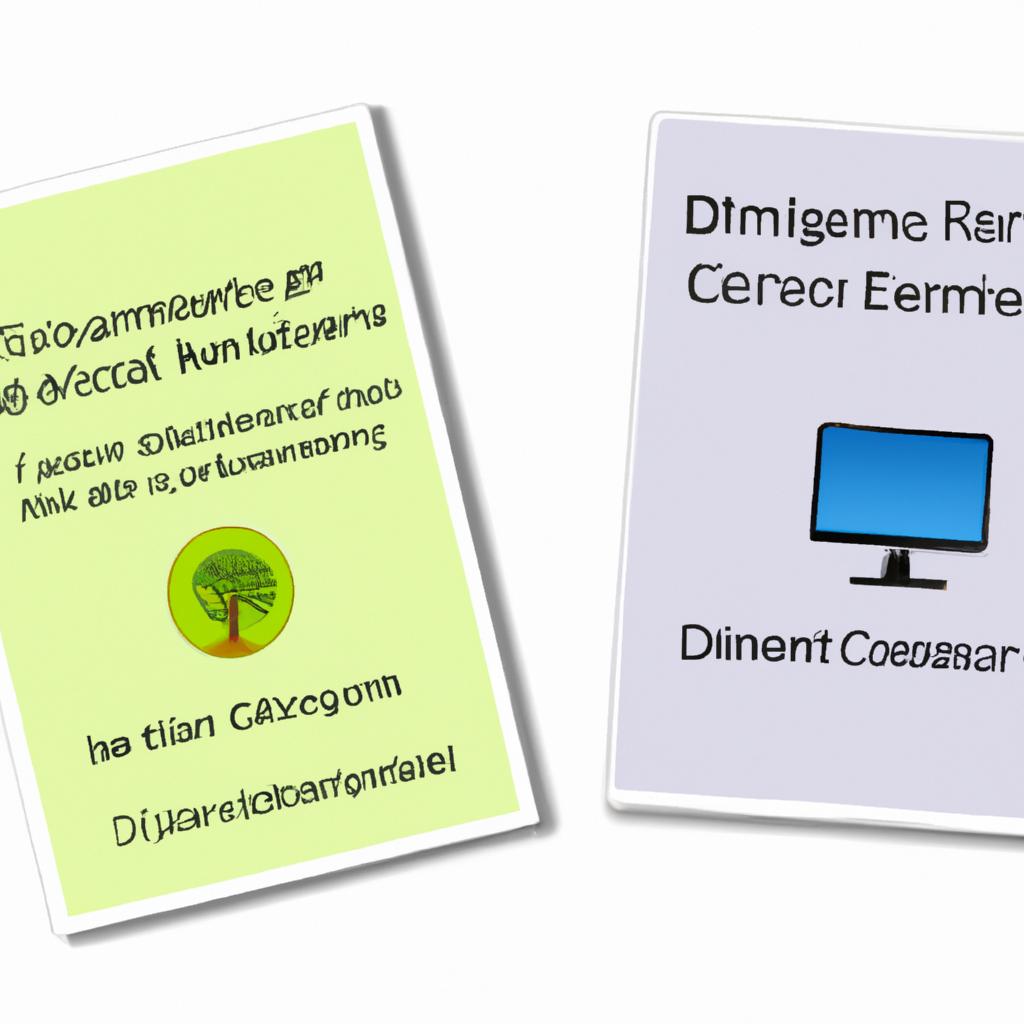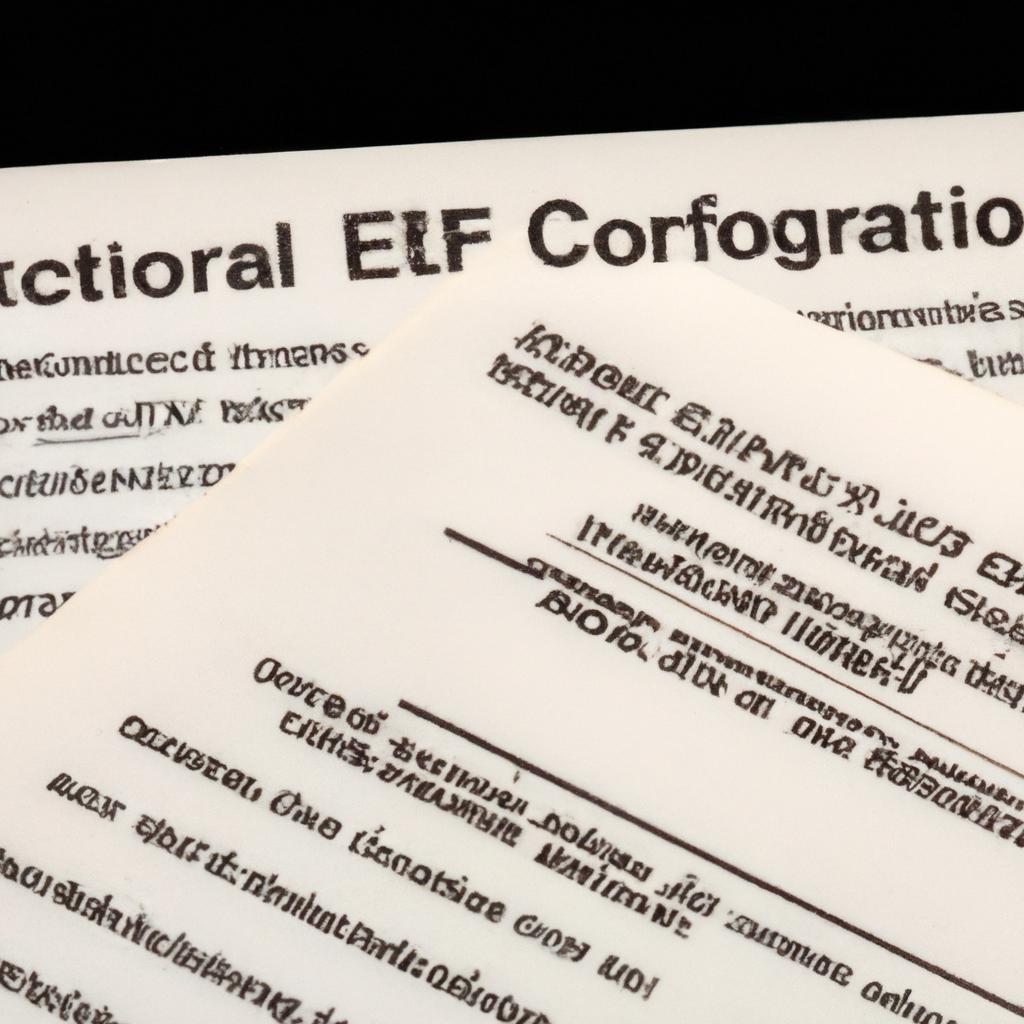In a world where going digital is becoming increasingly common, the debate over electronic versus paper certificates is gaining traction. While the shift towards electronic certificates offers convenience and efficiency, it also raises concerns about security and authenticity. Let’s delve into the pros and cons of embracing digital certifications over traditional paper documents and explore the implications of this digital transformation.
Examining the Benefits of Electronic Certificates
In today’s digital age, the debate over electronic certificates versus traditional paper certificates continues to gain traction. While paper certificates have long been the norm, electronic certificates offer a range of benefits that cannot be ignored. One of the primary advantages of electronic certificates is their ability to reduce environmental impact by eliminating the need for paper production. Furthermore, electronic certificates are more convenient and cost-effective, as they can be easily stored, accessed, and shared online. Additionally, electronic certificates offer enhanced security features to protect against fraud and tampering. Despite these benefits, some may argue that electronic certificates lack the personal touch and authenticity of traditional paper certificates. Ultimately, the shift towards electronic certificates represents a step towards a more sustainable and efficient future.

Comparing the Environmental Impact of Digital and Paper Certificates
When it comes to preserving the environment, the debate between digital and paper certificates is one that continues to spark discussions among professionals and environmental enthusiasts. While digital certificates offer a more sustainable alternative to paper certificates, there are still pros and cons to consider. Electronic Certificates:
- Reduced paper usage ✔
- Less waste production ✔
- Convenience and accessibility ✔
Paper Certificates:
- Traditional and tangible ✘
- Potential environmental impact from paper production ✘
- Risk of damage or loss ✘
The Conclusion
transitioning to electronic certificates offers a range of benefits such as convenience, accessibility, and reduced environmental impact. However, it also comes with its own set of challenges including security concerns and potential technological barriers. As we continue to navigate the digital landscape, it’s important to weigh the pros and cons carefully to ensure that the transition is smooth and beneficial for all parties involved. Ultimately, the choice between electronic and paper certificates will depend on individual preferences and needs. Whichever path you choose, remember that the goal is to streamline processes and enhance efficiency while maintaining the integrity of the certification system.


